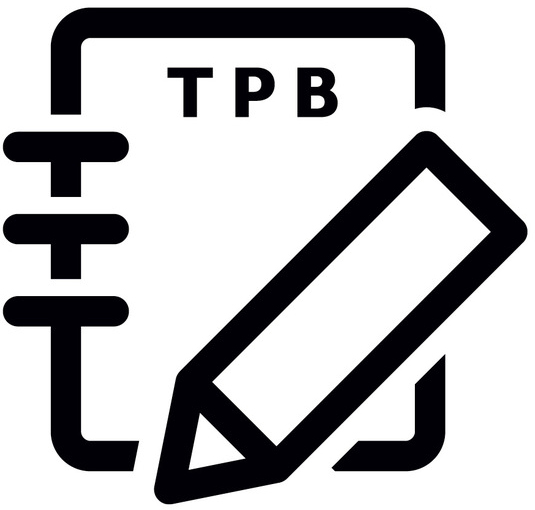Germs
In 1989, the British epidemiologist David Strachan introduced what came to be called the “hygiene hypothesis” to explain an increase in hay fever during the twentieth century. He pointed to the decreasing size of the family and higher standards of cleanliness as factors that had, ironically, led to higher rates of illness. The basic idea was that as kids were exposed to less dirt and fewer microorganisms overall, their immune systems weren’t responding by developing and becoming stronger, but instead were becoming weaker, resulting in more sickness, especially allergies. Evidently, according to Strachan, modern society was becoming too sanitized for its own good!
Many parents, whether they know of Strachan or not, have heard the basic idea of the hygiene hypothesis and rightly wonder, how clean is too clean? Is it better to expose an infant to germs, or is conscientious protection a safer alternative?
 Competing Opinions
Competing Opinions
Perspective #1: Exposing an infant to common household germs and dirt will help them develop a strong immune system. Oversanitizing an environment will cause a baby’s immune system to remain immature or become hypersensitized, rather than developing strength and resilience.
Perspective #2: Newborns have weak immune systems, so it’s only common sense that vigilant care should be taken to protect them from exposure to germs. Parents should frequently use soap, hand sanitizers, and other antibacterial products. They should also keep household surfaces free of germs and make sure anyone who touches their newborn washes their hands first.
 What the Science Says
What the Science Says
AS ONE RESEARCHER puts it, “It is becoming clear that a symbiotic relationship exists between bacteria and our immune system,” and that children benefit from being exposed to certain microbes. Of course parents need to protect their babies from infections carried by others and be smart about what they expose them to, especially in public places like malls, hospitals, and airplanes. But it definitely appears to be the case that children’s health can also suffer when we become overprotective in terms of germs and cleanliness.
One of the best-known recent studies to support this growing awareness compared children from contemporary Amish communities, where kids grow up following traditional farming practices on single-family farms (with the expected high level of microbes) with those of Hutterite communities, which typically have large, industrialized farms with more antiseptic environments. Researchers found that the Amish kids were much less likely to develop asthma and allergic sensitization than the Hutterite kids. This was found despite the fact that the two groups share similar genetic makeups.
Other findings support the hygiene hypothesis, demonstrating, for example, that risk for eczema goes down when a parent tends to suck a dropped pacifier clean rather than washing it. Likewise, as gross as it may seem, exposing newborns to germs, pet and rodent dander, and roach allergens can lower the risk of developing asthma and allergies. Even thumb sucking and nail biting are correlated with a decreased risk of asthma and hay fever.
 The Bottom Line
The Bottom Line
WHILE HUMAN BABIES are born with natural protections against many germs, it would be irresponsible to deliberately expose a newborn, whose immune system is still developing, to someone who is ill. And especially until your child has been vaccinated, try to steer clear of sick children who haven’t had their shots, as some childhood illnesses can be dangerous for young babies. If a baby less than two months old develops a fever, she will need to be seen by a doctor and may need to be tested because young infants cannot contain their infections as well as older children and adults. So having hand sanitizer and masks available for visitors who are ill and allowing other children to kiss only the top of your baby’s head are wise measures during the first two months.
That said, oversanitizing an infant’s environment is not only unnecessary but likely to deprive the child of health benefits and resilience down the road. Let your baby get into some messes, and do your best to enjoy those typically cringeworthy moments—like the times your dog licks the applesauce off your child’s face—knowing that those experiences are fortifying your baby’s immune system.
 On a Personal Note
On a Personal Note
I HEARD A funny take on this issue as it relates to birth order. If your firstborn eats dirt, you call the pediatrician. If your second eats dirt, you rinse their mouth and give them a nutritious snack. If your third eats dirt, you shrug and say, “Well, now I don’t have to make lunch.” It’s true that we typically become more comfortable and less fear-driven the longer we parent. We learn that many of the things we worried about the first time around aren’t huge deals.